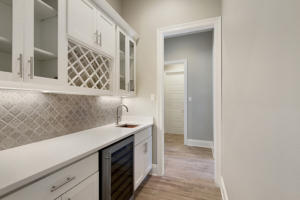 A new year has brought good news for the housing industry. The +first week reported that the average U.S. fixed rate for a 30-year fixed mortgage averaged at a low 3.72%. The findings were 80 basis points below data reported a week earlier.
A new year has brought good news for the housing industry. The +first week reported that the average U.S. fixed rate for a 30-year fixed mortgage averaged at a low 3.72%. The findings were 80 basis points below data reported a week earlier.
George Ratiu, Realtor.com’s chief economist said, “The conventional 30-year loan slid 2 basis points to 3.72% in the first week of 2020. Rates remain about 80 basis points lower than the first week of 2019.”
Ratiu predicts that employment and wage gains will fuel the housing industry. The economy will maintain a moderate growth trajectory this year.
The 15-year FRM also was at a low 3.16% which was down from this time last year’s reportings of 3.99%. The average rate dropped in just one week from 3.19% to 3.16%. The 5-year Treasury-indexed hybrid adjustable-rate mortgage also averaged 3.46% which was lower than the 3.98% reported this time last year.
“As mortgage rates remain favorable, buyers are likely to get a head start on the spring shopping season in the first couple of months of this year,” Ratiu said. “A stronger infusion of new homes in affordable price ranges would be a welcome gift for the New Year.”
Sam Khater, Freddie Mac’s chief economist, believes the rates have maintained around 3.7% for the last couple of months because of ” the combination of improved economic data and market sentiment has led to stability in mortgage rates.”
“The low mortgage rate environment combined with the red-hot labor market is setting the stage for a continued rise in home sales and home prices,” said Sam Khater.
Click Here For the Source of the Information.

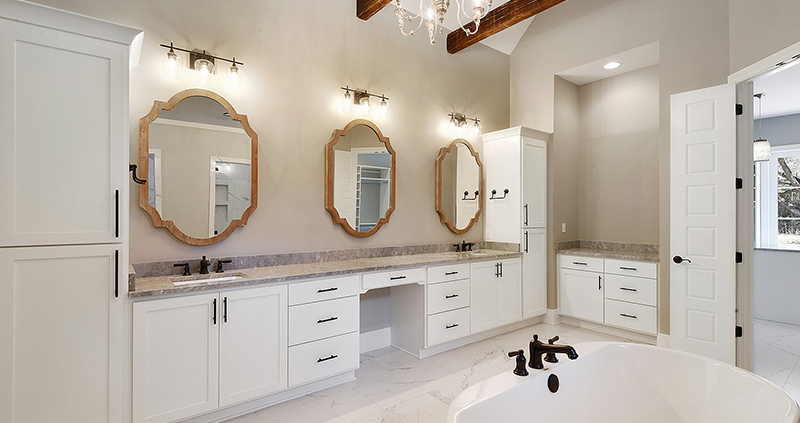
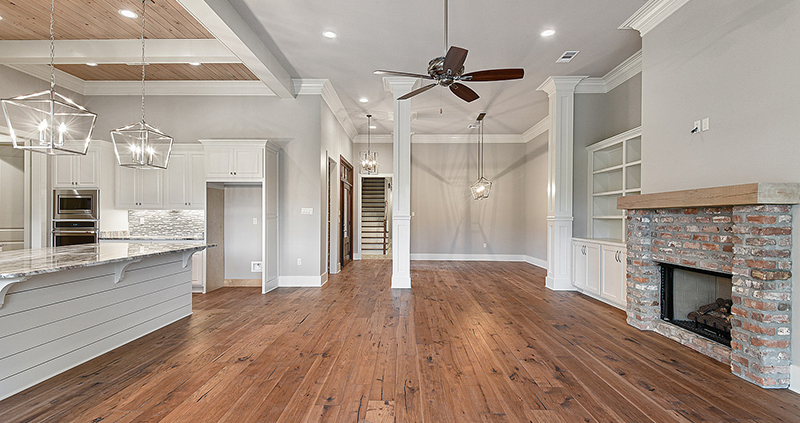
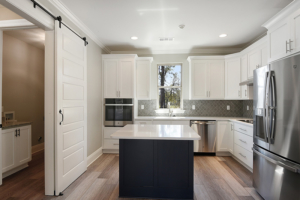 The Census Bureau reported the November 2019 U.S. spending rate for U.S. construction is 4.1% above 2018’s rate for last November. According to the report construction spending amounted to a seasonally adjusted annual rate of $1.324 trillion.
The Census Bureau reported the November 2019 U.S. spending rate for U.S. construction is 4.1% above 2018’s rate for last November. According to the report construction spending amounted to a seasonally adjusted annual rate of $1.324 trillion.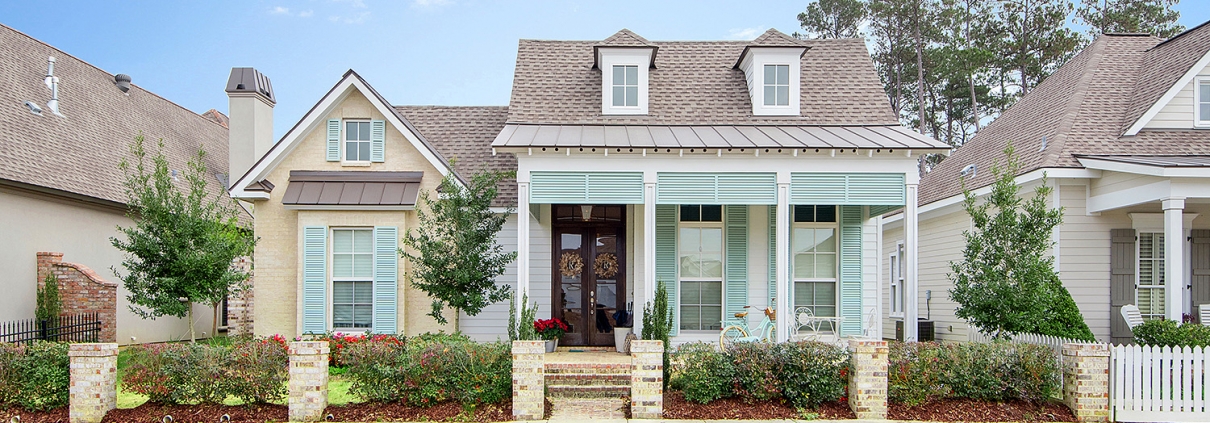
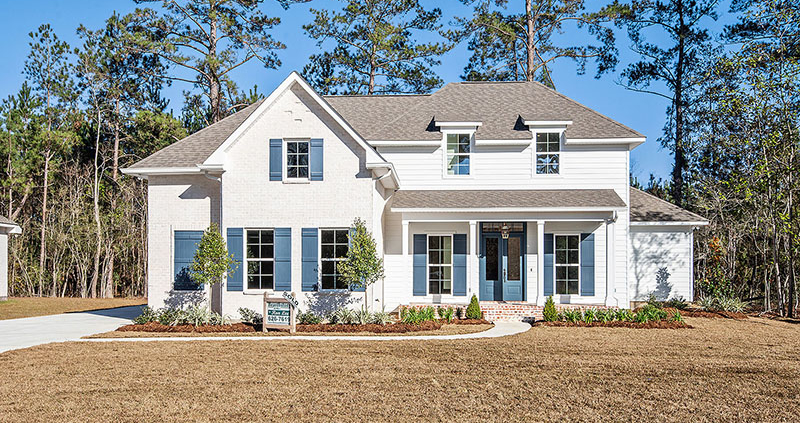
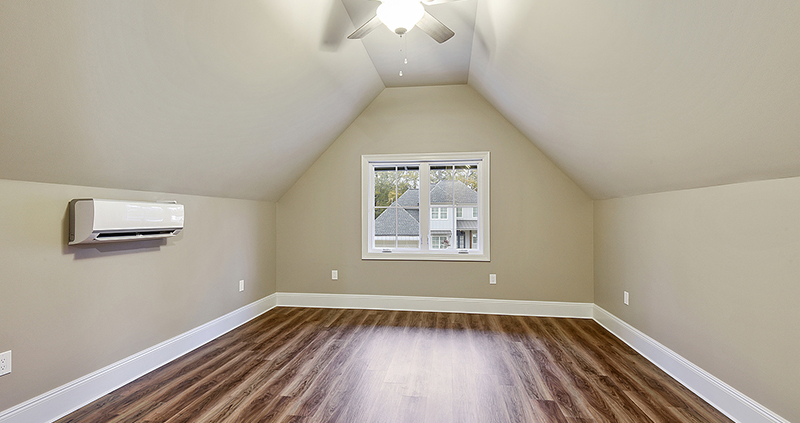
 months of 2019 than those reported in the first nine months of 2018. This first nine months this year brought in 527,000 sales beating the 491,000 sales reported for the same time frame in 2018.
months of 2019 than those reported in the first nine months of 2018. This first nine months this year brought in 527,000 sales beating the 491,000 sales reported for the same time frame in 2018.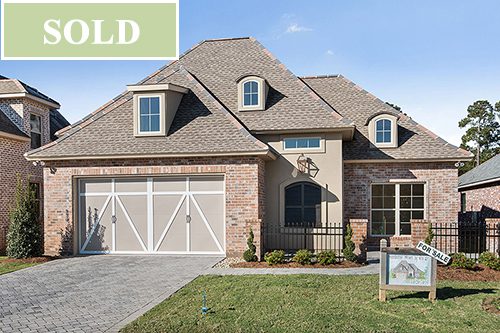
 According to
According to  Another two stocks to invest in are
Another two stocks to invest in are  has the insider knowledge from the top players in the US housing market. The biggest issue he sees is supply and demand. Since 2009, only 900,000 homes have been built per year. Habib says this is the lowest inventory since the 1950’s. This is one of the biggest housing shortages we have had. He says that with existing inventory, it would take under six months to sell everything currently on the market.
has the insider knowledge from the top players in the US housing market. The biggest issue he sees is supply and demand. Since 2009, only 900,000 homes have been built per year. Habib says this is the lowest inventory since the 1950’s. This is one of the biggest housing shortages we have had. He says that with existing inventory, it would take under six months to sell everything currently on the market.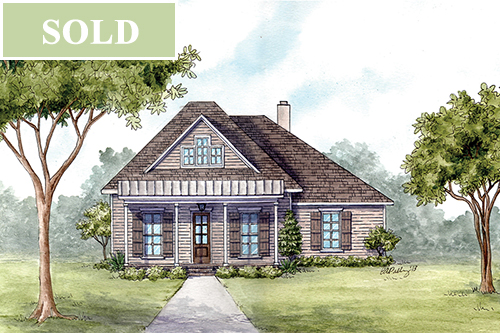
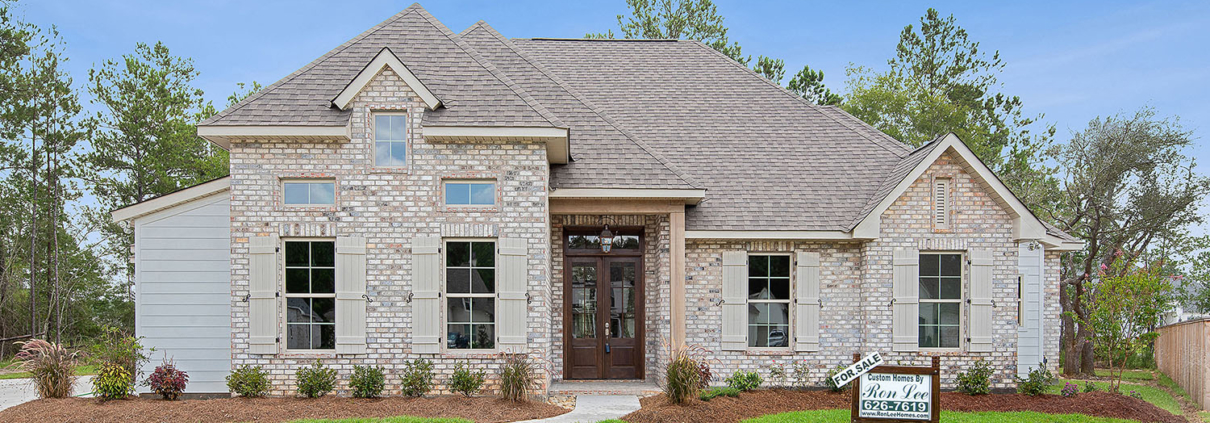
 Buying a home can be an exciting but daunting experience. Getting the right price is just one of the pieces to the negotiation puzzle. Here are eight things you can negotiate other than just the purchase price.
Buying a home can be an exciting but daunting experience. Getting the right price is just one of the pieces to the negotiation puzzle. Here are eight things you can negotiate other than just the purchase price.